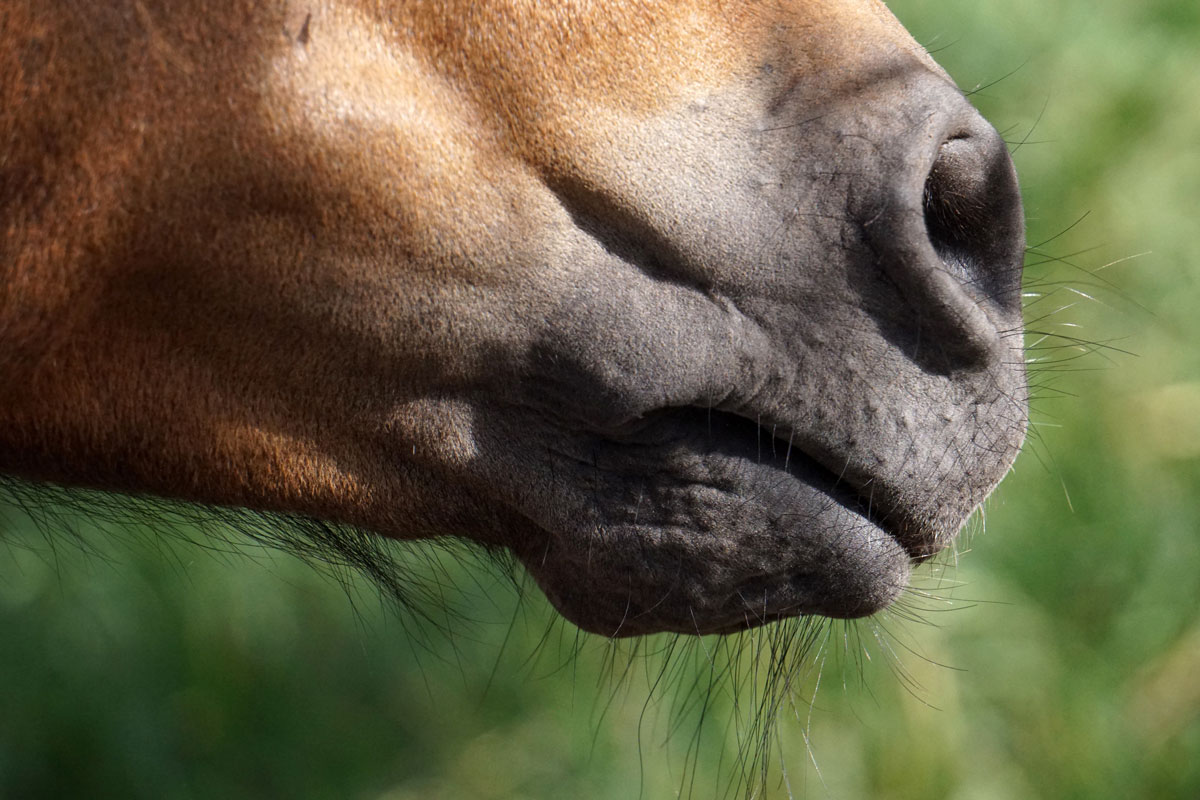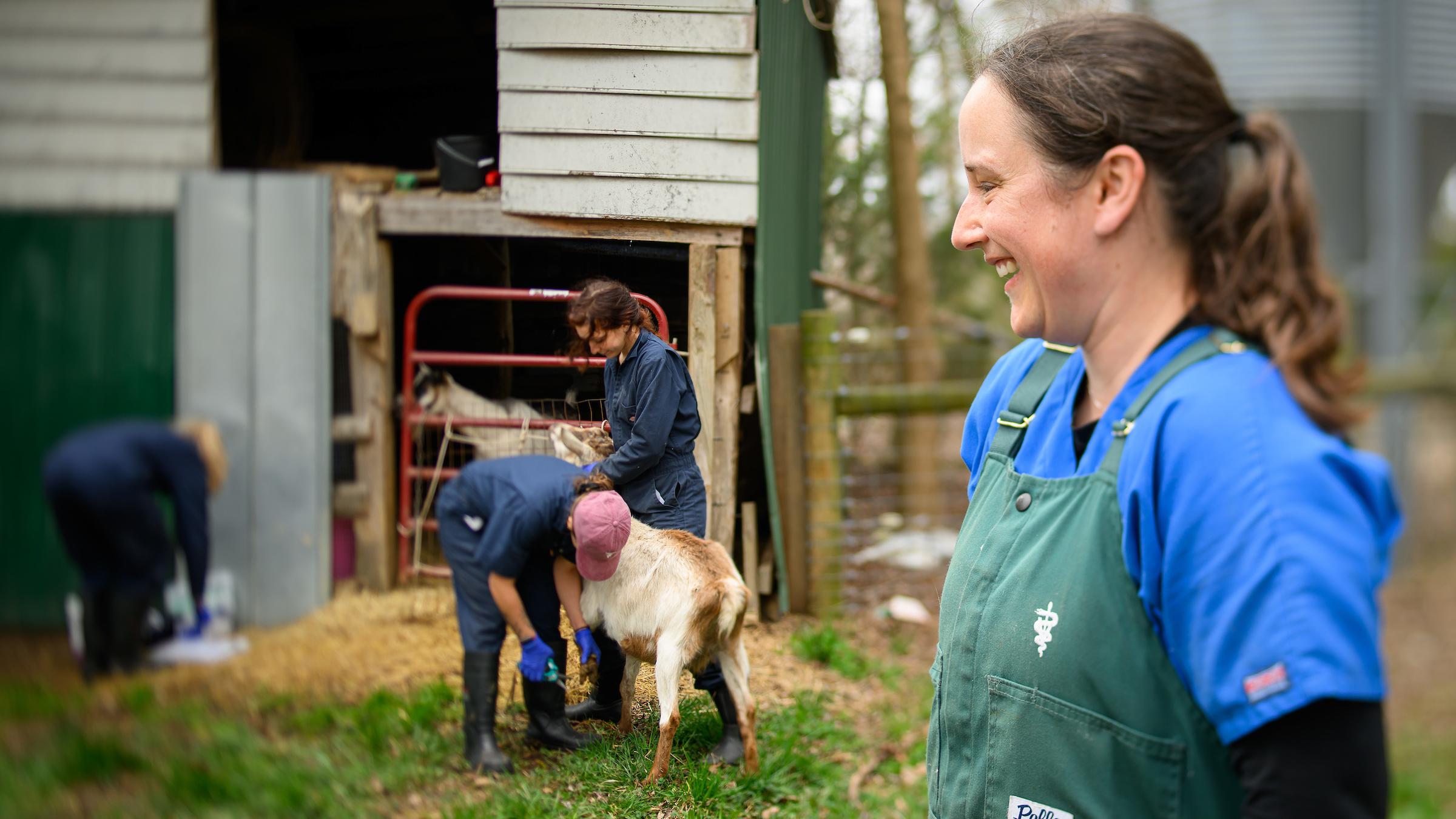N.C. Sees First Eastern Equine Encephalomyelitis Case of the Year

A 4-year-old unvaccinated mare in Cumberland County has been euthanized after contracting North Carolina’s first case of Eastern Equine Encephalomyelitis this year, the North Carolina Department of Agriculture and Consumer Services reports.
A mosquito-borne disease preventable by vaccination, EEE causes inflammation of the brain and spinal cord. It is usually fatal.
People, horses and birds can contract EEE from the bite of a mosquito with the disease, but there is no evidence the disease can be transmitted directly from horses to people or other animals.
Most EEE cases are reported in late summer and early fall. Veterinarians urge owners to have their horses vaccinated immediately.
“If your horses exhibit any symptoms of EEE, contact your veterinarian immediately,” State Veterinarian Doug Meckes said in a statement.
Katie Sheats, NC State College of Veterinary Medicine assistant professor of equine primary care, said EEE symptoms range from fever, impaired vision and aimless wandering to leaning on structures and walking in circles. Horses may also have difficulty swallowing, may stumble when walking, have seizures or experience unexplained, sudden death.
For more information on protecting horses from EEE, Sheats answers common questions here.
Further resources:
NC State Equine Veterinary Service
North Carolina Department of Agriculture and Consumer Services’ Veterinary Division


